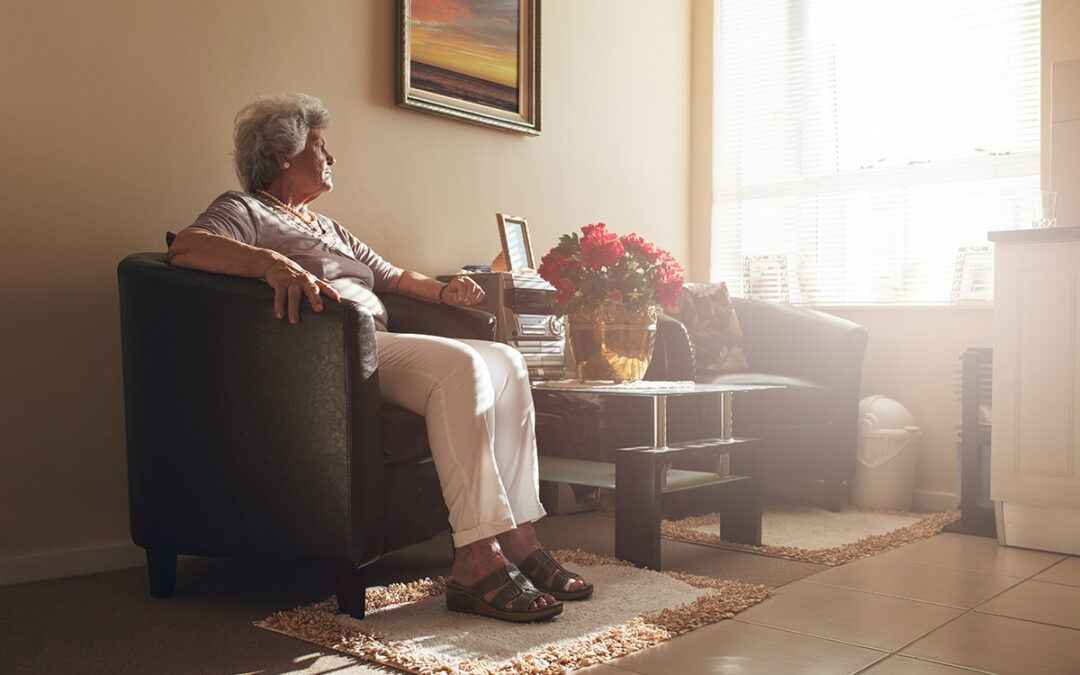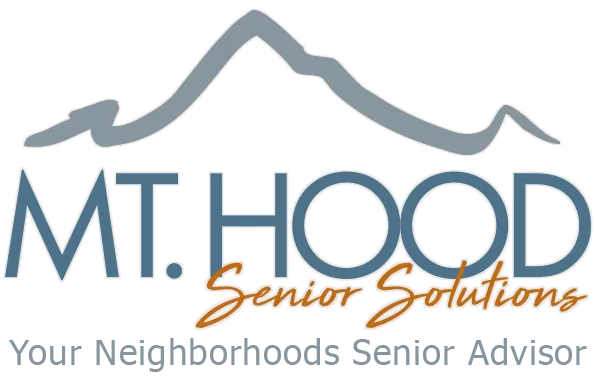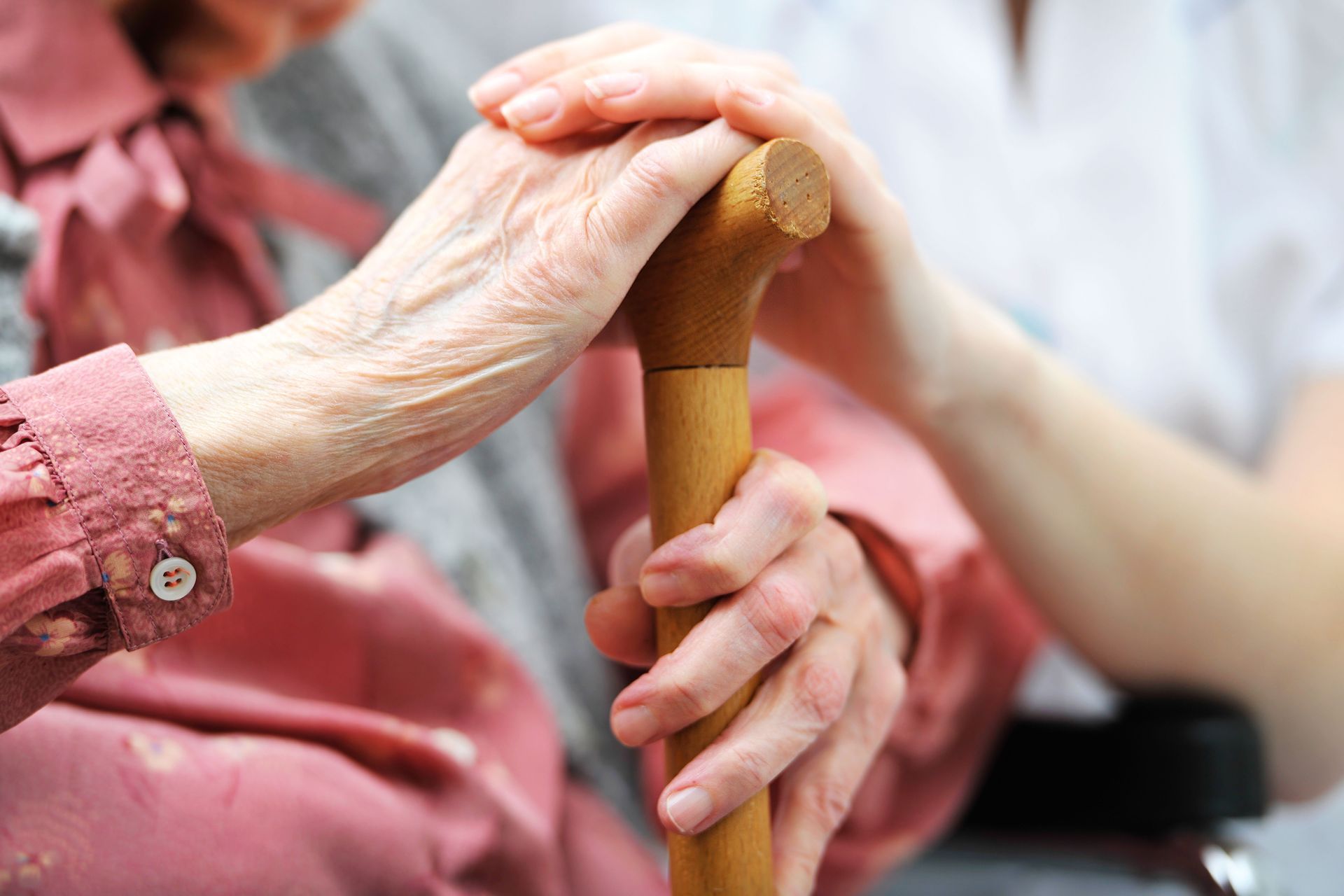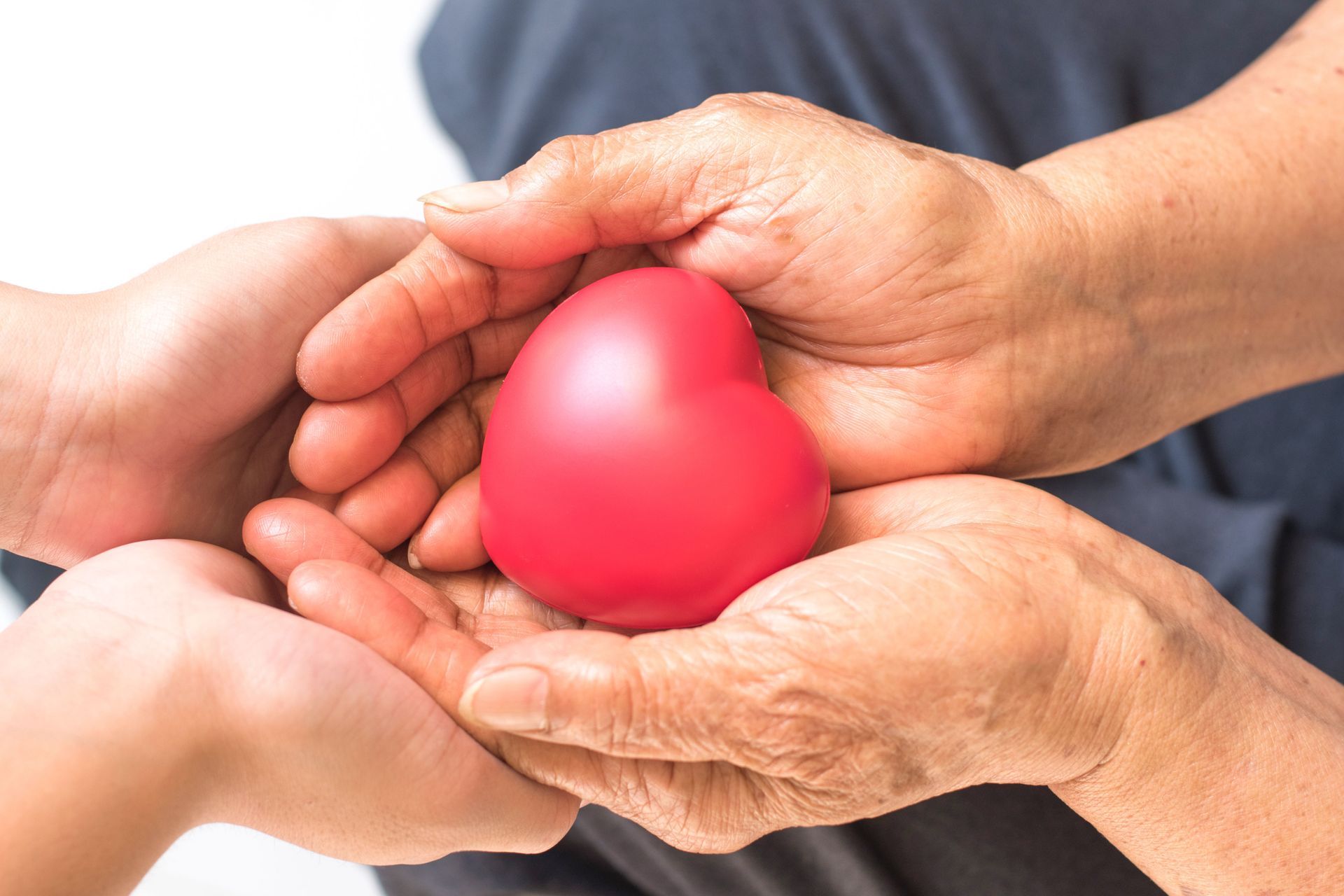Housing Definitions

Retirement Connections Guide
Adult Day Programs offer a protective setting during the day for those who cannot be left alone due to health care and social needs. The structured program within a community setting offers socialization, planned activities, care services, companionship, and meals. Adult Day Care provides daytime respite for the caregiver who typically works, needs time for other responsibilities, or simply to take a break. Some programs are designed for older adults with dementia and/or physical limitations. Day Care programs in senior housing communities that are listed in this guide must be able to accept non-residents to be included.
Adult Care Homes or Family Care Homes
are private residences that provide a home-like setting and serve 5 or
CCRCs (Continuing Care Retirement Communities) also known as Life Plan Communities, are communities that include a continuum of care from independent living, assisted living, residential care and skilled nursing services all on campus, allowing individuals to live within the same community as their needs progress through the spectrum of care. They typically offer a full selection of amenities associated with retirement living. An endowment fee in addition to a monthly maintenance fee can be expected.
Independent living Communities Provide residents with an independent living setting without the burden of home ownership. Typically residency is established on a monthly rental basis. Residents live in fully equipped private apartments or cottages from studios to large two-bedroom units that may be rental-assisted or market-rate depending on the community. Amenities and hospitality services such as housekeeping, linen service, transportation, and social and recreational activities may be included, provided for an additional charge, or may not be available at all. These communities do not provide assistance with activities of daily living or personal care.
Memory Care or Dementia Communities offer or provide care for residents with Alzheimer’s disease or other dementia in a home-like environment. These communities must receive an endorsement and is governed by additional regulations that are specifically intended to support individuals with dementia, including: a secure building that alerts staff if a resident has exited, a secure outdoor area that provides outdoor freedom safely, interior finishes that are non-glare and well lit, and visual contrast between floors, walls and doorways. Alzheimer’s units must also have programs which include: gross motor, self-care, social, craft, sensory enhancement, and outdoor activities.
Residential Care Facilities provide housing and supportive services for six or more people who do not require 24-hour nursing care. Pricing can vary greatly depending on the level of care provided and the size and amenities of each apartment. Accommodations are typically in a home-like setting and may range from a shared bedroom with a common bathroom, to private apartments with kitchenette and private bathroom. Monthly fees vary greatly based on unit amenities and care services. Many residential care facilities specialize in caring for individuals with Alzheimer’s or Dementia.
Respite Care is short term relief for family caregivers to take a break from the caregiving responsibilities and allows for a healthier and better quality of life for both the caregiver and the care receiver. Respite services include companionship, personal care, recreational activities, and security. Respite care can be provided as a short stay or for a longer period that allows the family caregiver to go on vacation or a business trip. Longer duration respite care is generally found at select senior housing communities although some Companion services may provide this service in the home.
Skilled Nursing Facility (SNF) or Nursing Homes are state licensed facilities that provide a safe, therapeutic environment for individuals who require rehabilitative care or can no longer live independently due to functional or cognitive impairment. Nursing Homes offer 24-hour skilled nursing care and medical services by registered nurses and support professionals. This is the highest level of care that can be provided that is not hospitalization. Additionally, nursing facilities are most appropriate for people who need 24-hour medical oversight and a protective/structured setting. Most residents must share their room, but residents are allowed to bring personal items to encourage a more home-like atmosphere.
Sources: Multnomah County Aging & Disability Services Department and
The post Housing Definitions appeared first on Mt. Hood Senior Solutions.











Share On: